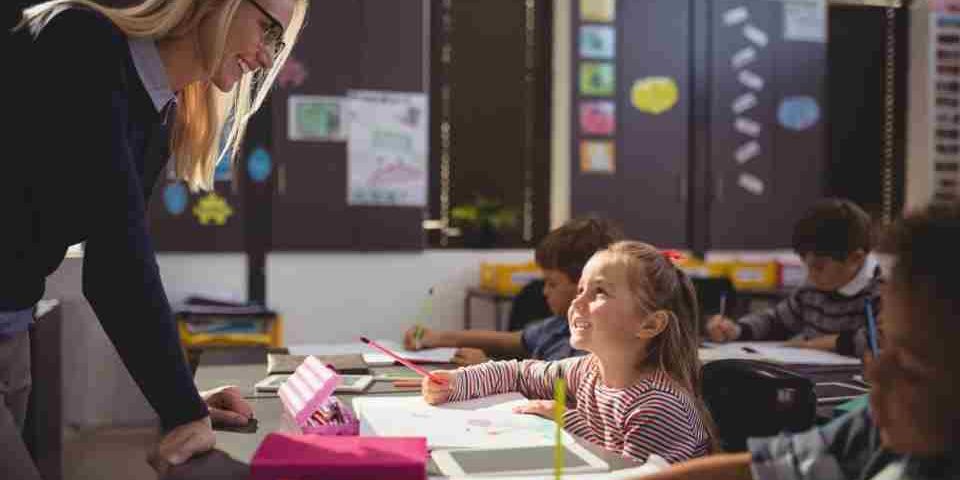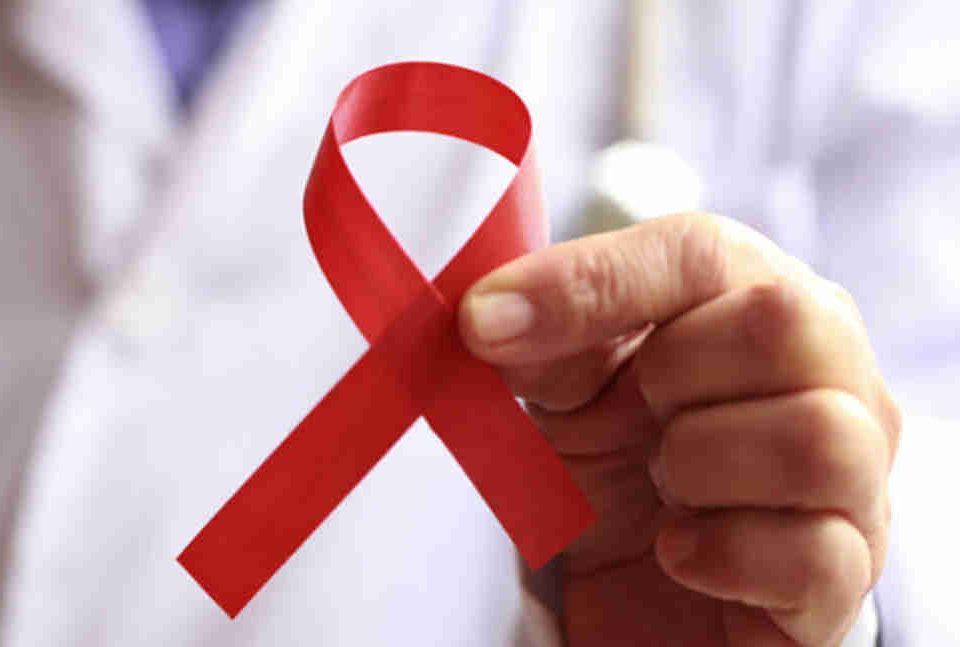- 如有疑问,请联系电邮
- customer@ihealth66.com
USNEWS:积极心理学如何提高学生的成功

USNEWS:麻醉前要问的问题
2019年2月11日
USNEWS:学年里你的孩子面临的10大健康威胁
2019年3月4日By David Levine
伊利诺伊州的一个学区采用了一个鼓励积极前景的计划来提高学业成绩。
肖恩·阿克尔也许最适合被描述为一位幸福大师。他出版了两本关于这一主题的畅销书,“幸福优势”和“巨大潜力”,这是迄今为止最受欢迎的泰德演讲之一,也许是其中最重要的一本,与奥普拉·温弗瑞合作。
阿克尔的主要观点是,幸福和精神健康不仅仅是一种生活的好方式。他说:“我对‘幸福优势’和‘巨大潜力’的研究证明,幸福和精神健康是取得更大成功的前兆。”更重要的是,幸福并不是命中注定的——人们并非生来就是这样。他相信:“如果我们每天改变习惯,幸福是一个选择。”“幸福并不是‘自助’——只有一种相互联系的幸福和成功的方法才能产生最高的投资回报率。”
阿克尔认为积极心理学有很多好处:创造一个更快乐、更健康、更投入的学习环境;培养学生、家庭和社区发展;提高学生的成功率。在为爱荷华州最贫困的学区做了五年的工作后,毕业率上升到91%,出勤率上升到95%。第一次,孩子们从富裕的县回来,在爱荷华州最贫穷的县上学。他们的识字率是爱荷华州所有学校中增长率最高的。现在阿克尔希望在密歇根州的弗林特和肯塔基州和威斯康星州经济困难的学校复制这些结果。
SHAWN ACHOR IS PERHAPS best described as a happiness guru. He has published two best-selling books on the subject, “The Happiness Advantage” and “Big Potential,” presented one of the most-viewed Ted Talks ever on the topic and, perhaps biggest of all, worked with Oprah Winfrey.
Achor’s overarching view is that happiness and mental well-being aren’t just a nice way to go through life. “My research from ‘The Happiness Advantage’ and ‘Big Potential’ proves that happiness and mental well-being are precursors to greater success rates,” he says. More important, happiness isn’t preordained – people aren’t just born that way. “Happiness can be a choice if we apply daily habit change,” he believes. “And happiness is not ‘self-help’ – only an interconnected approach to happiness and success yield the highest rates of return on our investment.”
Achor has created the Orange Frog program to teach this approach to students and staff members at schools around the country. One such district is Schaumburg Township Elementary District 54, in the Chicago suburb of Schaumburg, Illinois. To kick off the 2016-17 school year, Achor hosted a Happiness Summit and presented workshops for all staff members that focused on positive psychology.
Achor believes positive psychology has many benefits:
- Lead to a happier, healthier and more engaged learning environment
- Foster student, family and community development
- Improve student success.
With his scientific background, Achor strongly believes in measuring results. “Otherwise, we won’t learn what works,” he says. It appears that Orange Frog does indeed work. In the past three years, School District 54 went from the 73rd percentile of academic achievement in Illinois to the 95th percentile, he says. “They are in the top 2 percent of schools now nationwide. And SD54 is not an outlier. The work we did for the poorest school district in Iowa over a five-year period, the graduation rates rose to 91 percent, attendance to 95 percent. For the first time, kids are coming back from the rich counties to attend school in the poorest county in Iowa. Their literacy rates have the greatest percentage increase of any school in Iowa.” Now Achor is hoping to replicate those results in Flint, Michigan, and in economically challenged schools in Kentucky and Wisconsin.
A Unique Test Case
“I think it has turned out to be best decision I have made as superintendent of schools,” says Andrew DuRoss, Schaumburg Township Elementary School District 54 superintendent, about working with Achor. The large district, with about 16,000 students and 2,500 employees, has always considered the well-being of kids and staff, DuRoss says. In recent years, he noticed an increase in “stress and strain” in just about everyone. “There are a lot of things at play. The economic stress in our world, the hyper pace, where you never have time to take moment and think through things. I saw an increase in student depression and anxiety, in staff anxiety,” he says.
DuRoss was searching for a research-based way to approach this problem. When he read “The Happiness Advantage” three years ago, DuRoss found the missing piece to the puzzle. “I think what sets ‘The Happiness Advantage’ apart is the real, practical way (Achor) explains how we can be responsible for our own happiness and fuel our own success,” DuRoss says.
Achor was equally excited about the project. “SD54 was a unique place to test our research, as 35 percent of the students are on the free lunch program and (the district) cared not just about raising academic achievement but also improving social and emotional learning ability. If we could tie the two together, this would be a very powerful model for change within our school system,” he says.
In the Orange Frog program, students, parents and staff, from administrators to teachers, to custodians and bus drivers, are all encouraged to participate. “Happiness is not an individual sport,” Achor says. Students are instructed to record things they are grateful for each day, act out plays based upon the research, meditate for two minutes in the classroom and bring those lessons home to their families. Teachers attend learning groups that focus on connecting around positive content. Bus drivers write handwritten notes praising a strength in each of the kids that they drive. Parents attend the program’s Parent University each semester, in which they come to the school in the evening and their children walk them through the positive habits they are learning.
Research Proves Happiness Is Key to Success
Achor says that a positive outlook is key to academic and emotional success. “Over two decades of research continually bears out the same conclusion: Happiness significantly raises memory, attention, productive energy, social connection, trust, intelligence, creativity, and shields against depression and anxiety,” he says.
DuRoss says school should be about more than just the three R’s: reading, writing and arithmetic. “We are a lot more than reading and math. We are trying to help students, staff and parents navigate a complex world, to train them to become more resilient, to use stress and strain as an opportunity as opposed to something debilitating,” he says. “With a more resilient mindset, work is easier, life is easier. It’s a fact.”
Each school in the district includes a 30-minute emotional learning block in the weekly schedule. Every school has a “Happiness Team,” DuRoss says, composed of staff members who implement the various components of happiness training, like expressing gratitude, journaling, meditation and acts of kindness, as they see fit. Happiness, he says, “is now embedded into the curriculum of social emotional learning.”
Achor calls his work in school settings “the most meaningful work I’ve ever done. I was raised by a high school English teacher and a neuroscience professor, so this is near to my heart.” He notes the dramatic rise in the rates of depression and suicide for every age group, “including 8-year-olds. I have two children, and I know we can be doing better for them. We already have the research, we just need the foresight, resources and leaders to bring this research to life. SD54 is the proof superintendents and communities have needed to prove that small, positive interventions can not only improve emotional well-being, but that it then has a massive impact upon academic achievement.”





